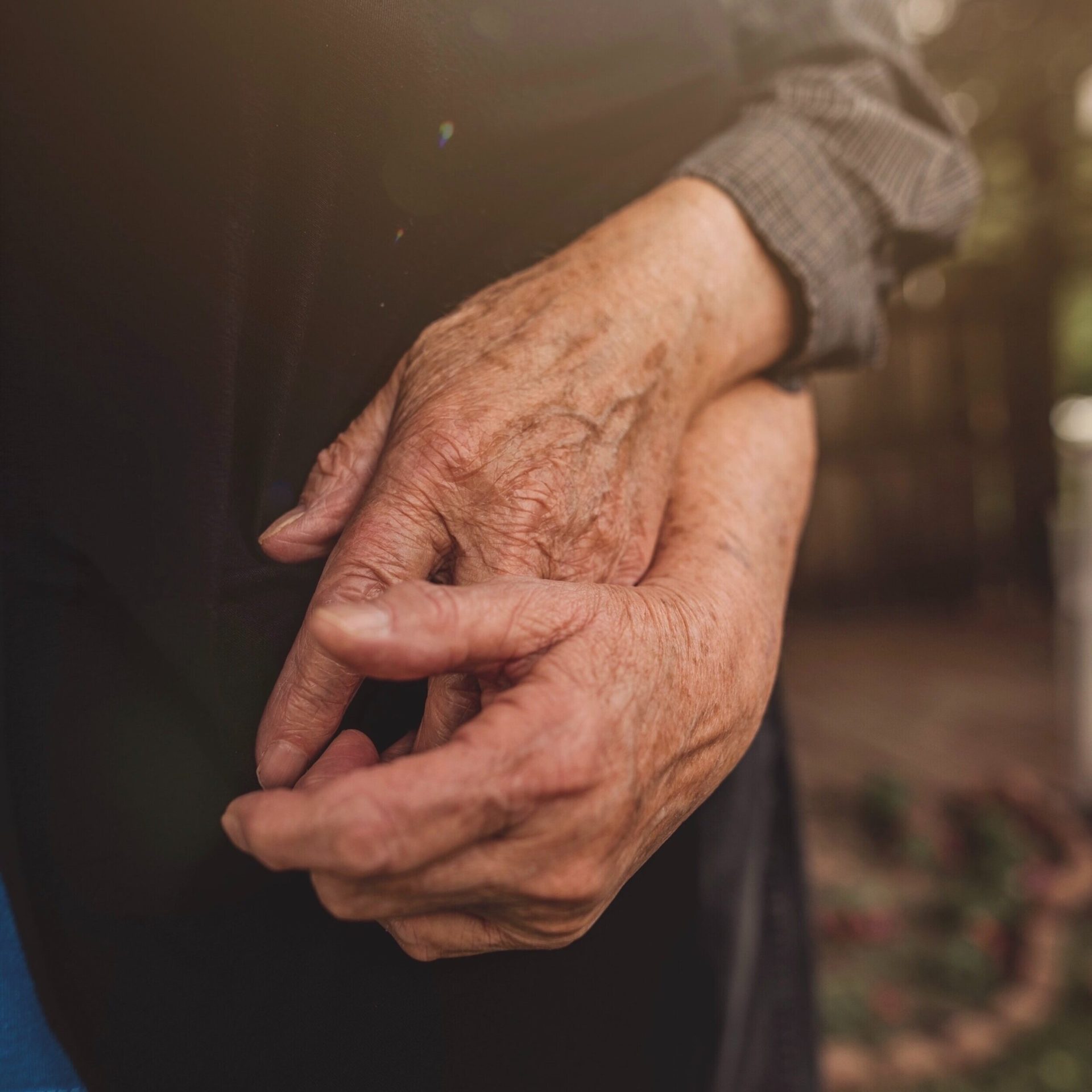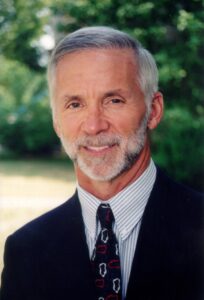
As part of the wave of the baby boomers, I recently took some time to reflect on our generation. We were born after World War II, from 1946 until 1964, which means we currently range in age from 57 to 75. When the 2010 census was taken, none of us were 65, but now, some 10,000 of us cross the 65-age threshold daily, according to the Census Bureau. The estimate is there will be 73 million of us will pass this point when the 2020 results are released.
This would surpass the most optimistic projections, which suggests we are thriving compared to all previous aging generations. Just think of some of the vibrant and well-known baby boomers joining us on our 75th voyage around the sun: Kareem Abdul-Jabbar, Tom Clancy, Hilary Clinton, Glenn Close, Elton John, Diane Keaton, Steven King, Eugene Levy, Brian May, Dolly Parton, Iggy Pop, Susan Sarandon, Arnold Schwarzenegger, Steven Spielberg, and Sylvester Stallone.
While my celebrity status can’t compare, I’m still actively working as a full-time university professor, exercising 365 days per year, and writing columns just as I was on my 57th birthday. Friends old and new marvel at my active lifestyle, while my doctor analyzes all my annual test results and just tells me to “keep doing what you’re doing.”
Still, anything can happen as proven by my wife who passed away from cancer at age 60. My father succumbed to a heart attack before he was 40. None of us are immune to catastrophic events or health issues and my age puts me in the high-risk demographic. When COVID surged, my generation was one of the most vulnerable given our age, and in the early months of lockdown, the virus ran rampant among us. According to the CDC, those aged between 50-64 years old had the third-highest number of deaths due to the virus.
I was careful to obey all guidelines, but thankfully, very little changed for me. I continued to teach online, switched exercise locations from the fitness center to my basement workout area, and waved to strangers who became friends during extended outdoor walks. I jumped at the chance to take part in a COVID clinical trial for the Moderna vaccine. After learning I was randomly assigned to the placebo group and getting a positive antibody test, my doctor confirmed I had contracted COVID without any symptoms or awareness. I still took the two vaccine injections, and ultimately emerged from the virus healthy without any “long haul” symptoms.
No doubt, a tragic number of my generation has succumbed to the virus, but it has also shown that we are far healthier than past generations at our age. Research indicates that our life expectancy has doubled in the last 100 years. Steven Johnson’s publications and a PBS/BBC series offer credibility to the aging evolution since the pandemic of 1918 and COVID-19. The Elder Care Alliance estimates there are more than 84,000 centenarians (100+) living in the U. S. today with a projection for some 580,000 by 2040. That’s encouraging because it makes age 75 look closer to late middle age. Asking the elderly about the keys to living longer brings responses ranging from staying active to get more rest to eating whatever tastes good to marrying the right person. We might get such a range of explanations if we inquired about being right-handed or left-handed.
So, how can we best live a long, salubrious life? The most valid and reliable answers may reside in years of research done by longevity scholar Dan Buettner. His best-known works describe research done in communities around the world. After extensive analyses of health data, he identified 5 locations where residents lived longer and more vibrant lives. Teams moved into Sardinia in Italy, Okinawa in Japan, Loma Linda in California, USA, Nicoya in Costa Rica, and Ikaria in Greece to conduct long-term examinations of cultures and lifestyles. While each had a unique culture, there were nine common lifestyle practices for residents who:
-
Moved naturally by walking and being active daily.
-
Reflected daily on purpose and responsibilities.
-
Built stress-relieving activities into daily schedules.
-
Stopped eating before feeling full with early evening meals.
-
Ate less meat with more fruits, vegetables, and whole grains.
-
Enjoyed moderate and regular alcoholic beverages with meals.
-
Belonged to some faith-based group with opportunities to exchange ideas.
-
Built and maintained strong connections with family.
-
Created friendships and strong social networks.
After reading the list, I checked off eight of the nine with some work to do on the amount and timing of my evening meals. But I also recognized the need for one personal addition. Too many surgical repairs taught me to modify fitness activities to accommodate changes associated with aging. When my knees said enough already, it was time to stop long-distance running and convert to hiking and biking. When muscular tissue became more susceptible to injury, the need was to lower weight lifted and increase repetitions to focus on endurance for the long haul. My personal addition to the Blue Zone list was “Do what you love to do for as long as you can but be ready for modifications.”
So maybe it’s not such a stretch for our first wave of Baby Boomer peers to live and feel more like those born on the other end of our era. Let’s make our 75 the new 57 and root for all to do the same.

Don Clardy
Dr. Don Clardy is a tenured professor with 40+ years in higher education.






